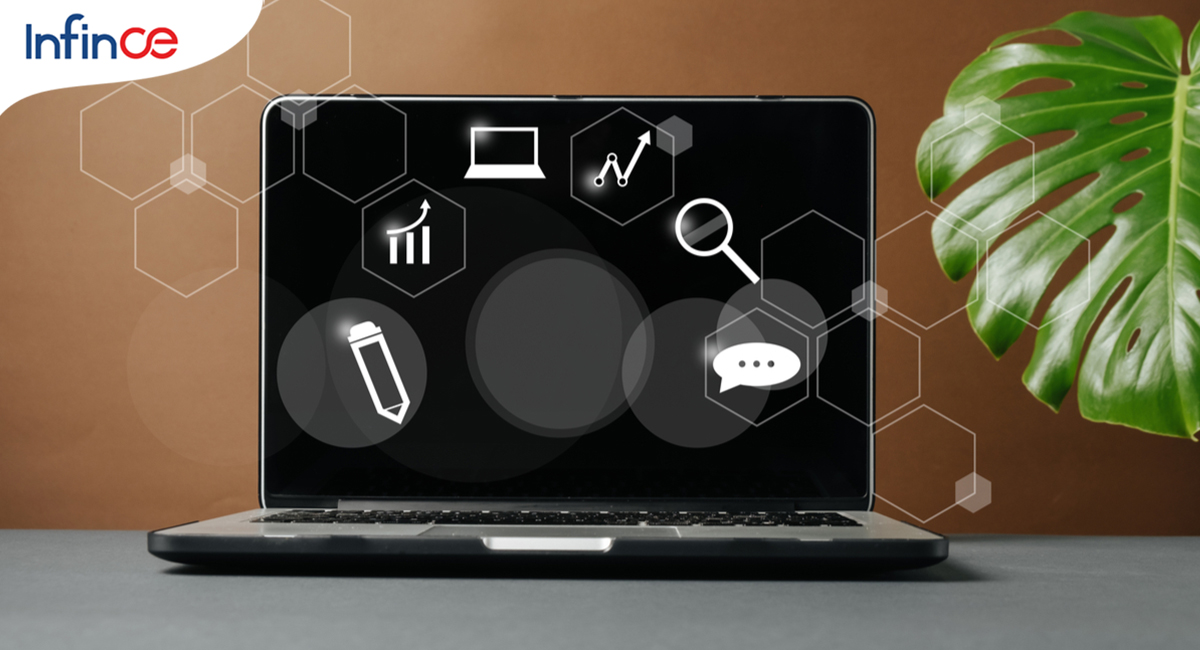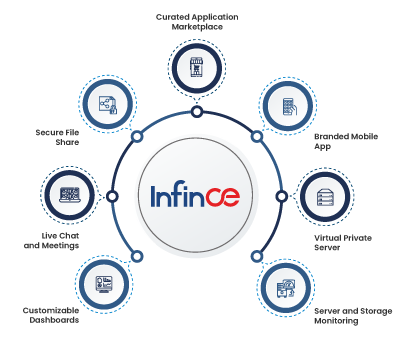Why is ERP an Irreplaceable Asset for Small Businesses?
Cost factor appears to be the primary reason why many small businesses show resistance to adopting an ERP solution to run their business operations. With the advent of SaaS-based solutions, the scenario has changed today. Software-as-a-Service or SaaS allows SMBs to onboard the latest technology solutions like ERP into their business and pay according to their usage.
Market Research Engine reports that among growing businesses, 96% of those who are successful rely on an ERP solution to run their daily operations seamlessly. Enterprise Resource Planning has grown into a critical business application for small and medium businesses as it connects data across their functional departments and allows unified decision making and service automation.
If your business is yet to consider implementing an ERP system, here are 5 compelling reasons why you need to invest in an ERP solution in 2020:
1. Unified Business View
ERP solves the biggest challenge faced by any business- data consolidation!
An Enterprise Resource Planning software consolidates data from across departments to help management make informed decisions.
- From analytical reporting to inter-departmental approvals and workflows, an ERP system allows smooth operations in an enterprise by bringing every workflow into an organized digital framework.
- From inventory to accounting and employee schedules, an ERP system can help trace the root cause of performance issues in your business easily.
It gives an overview of where you need to focus on and how you can make critical decisions such as cost optimizations, resource management, and much more.
Related Reading: 5 Digital Capabilities Every Small Business Needs To Invest In 2020
2. Encourages Transparency
With an ERP system, you can cultivate a transparent work culture in your organization.
Across functions or departments, an ERP system allows you to map dependencies, track progress, raise alerts on areas demanding attention, and keep employees and management updated with real-time performance metrics of the business.
- ERP forms a centralized database from which all departments can access and share information thereby ensuring a transparent information flow within the enterprise.
- It also eliminates errors and manipulations from spreading into entire business processes by deploying quality checks across departmental management modules.
Transparency at the workplace ensures that all units within your organization gain access to accurate information for their daily working needs.
3. Empowers Automation
An ERP offers centralized and automated management of work files as well as reporting for decision-makers.
Without an ERP system, most business units will have to work with a barrage of spreadsheets and documents to arrive at decisions. The amount of manual work to be done for processing documents, preparing reports for management and other work-related files would be severely high.
ERP application helps automate a lot of manual tasks that employees have to spend time daily like for example, adding a new employee record in multiple business units such as payroll, project management, leave management, finance, compliance, and HR units, etc. If there was no ERP all these entries would have to be done manually and chances of errors and mistakes are relatively higher for manual work.
Related Reading: Automation In Small Business: 4 Areas To Get Started
4. Support Digital Business Transformation
An ERP serves as the backbone for an SMB to propel itself into new-age digital revenue channels.
It promotes a culture of data-driven operations across the business and makes it easier for transitioning traditional business models into newer and more exciting customer touchpoints. For example, if you are into retailing, an ERP system can serve as the best resource for you to transition into an e-commerce business. With visibility into inventory, processes, accounting, revenue management, and supply chain efficiency, it becomes easy to deploy an e-commerce solution to derive data from your ERP and offer a superlative experience to online shoppers.
Additionally, implementing new digital experiences in your physical business locations too becomes easier, as you already have data points to explore with APIs and have new tools act on your available data to create new experiences. A good example would be marketing automation wherein digital marketing platforms can be deployed to act on data in your ERP to roll out campaigns to attract new buyers.
5. Turn Competitive
One of the major reasons why several SMBs today are turning to ERP solutions is the ability of such systems to place them in a competitive position in the market.
An ERP solution gives data-backed insights that help SMBs offer experiences to customers that any bigger and more established businesses can offer. Cloud-based ERP systems ensure that you can roll out these experiences without burning a hole in the pocket for expenditure. The easy scalability it gives to your business systems ensures that you can always forecast demand and adjust your entire business operations to meet this demand on time.
From managing your entire value chain to enabling memorable experiences for your customers, ERP unlocks tons of possibilities for small business enterprises. At InfinCE, we believe that ERP is the digital core of your business. InfinCE is designed to overcome your remote working woes. It combines numerous productivity and enterprise solutions including ERP, CRM, CMS, and HRM solutions, hosted on secure cloud environments, dedicated to your need.
Related Reading: Why should a small business opt for InfinCE
Leverage the best value from your technology investments with InfinCE. Talk to our experts today to find out more.







